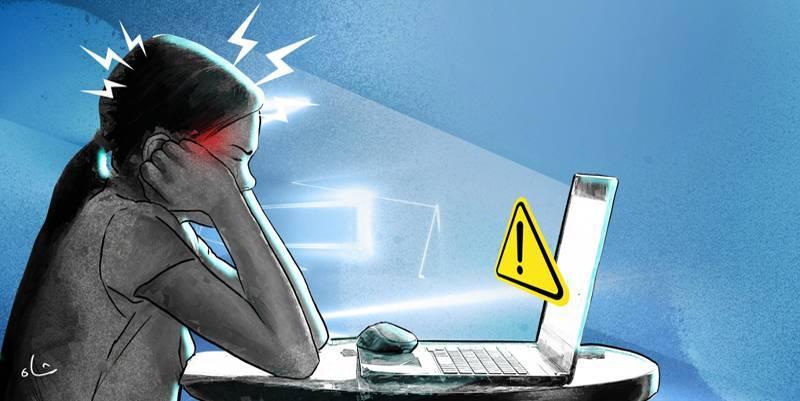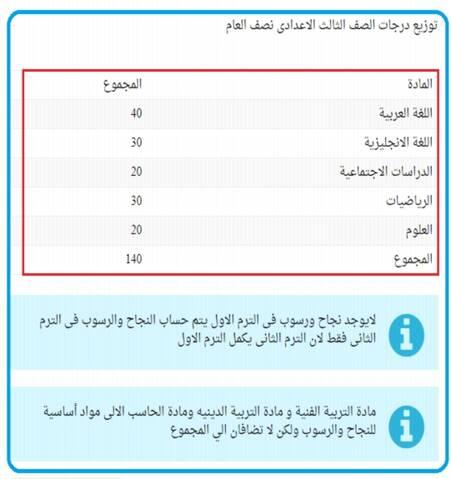E-learning and justice!!
Author:
Dr. Rafa Al-Ramahi
One year after the Corona pandemic, e-learning as one of the most prominent distance education interventions has become an inevitable reality, as we find school and university students using various electronic and smart devices to be able to follow their classroom classes and university lectures; Which resulted in a change in the way education was provided by teachers and university professors who found themselves faced with this challenge without prior warning, preparation or training, in conjunction with the existence of a reality in which e-learning has become free and unfettered; We roamed the homes of students, teachers, and professors, who were subjected to conditions of home confinement, and we raided e-learning, forgetting the passion for social communication in classrooms, lectures, and in the yards of schools and universities.

With all the efforts made by educational institutions, and with the support they provide for the success of the teaching and learning process, this process suffers from injustice in many aspects, which touches its future repercussions.
In the face of this reality, which many thought was transient, and with the consolidation of its chronological and educational stations, there is a division between educators, academics, and parents - between supporters and opponents - about the new standard of education. This is a pattern in which technology dominates the scene, as hundreds of students are about to graduate after being cut off from their teachers and peers, and many scenes have changed, as the streets are no longer crowded with cars in the morning hours, and the monotony of life is no longer the master of the scene, and this is the case of many countries of the world, not only Palestine.
In the midst of that; There is a concern for educators, and perhaps what worries them most is the fairness of education. In terms of the availability of equal opportunities for all students, regardless of their place of residence, or their social and economic conditions; In addition to their physical or mental abilities, not all students - who are the focus of the educational process - have the same level of infrastructure, social and economic life, or physical and mental abilities. Yet - suspicious, scary! This reinforces what was indicated by many recent studies conducted during the Corona pandemic, that students with disabilities and learning difficulties have become the most affected. Given their need for real help in the classroom and through direct communication with their qualified teachers under normal circumstances, and this is what the e-learning and distance learning style lacks, rather their suffering has increased; By virtue of isolation, and the inability to communicate well with their teachers and professors, in addition to their special need for smart devices that are compatible with their needs, and in order not to increase their tension and negative feelings about life, they need attention, support and real supportive education opportunities.
The matter does not stop and is the case with those with disabilities and learning difficulties, but rather goes beyond them to take into account the individual differences between students in terms of their levels of achievement, the availability of the Internet, the disparity in home spaces and the abundance of electronic devices to serve all children and parents at the same time same.
We have legitimate and important questions left for decision-makers and specialists, namely: Is there a real guarantee that our children - in all their categories - receive effective e-learning and education? Regardless of their mental abilities, their place of residence, and their economic and social status?? Does e-learning and remote education contribute to the formation of the personality that we want for the learner? Does the shift to e-learning and distance education contribute to changing the epidemiological curve in Palestine??
legitimate questions; It must be answered in order to achieve justice, and for the victory of the educational process with all its components, and it needs to be answered neither in the negative nor in the affirmative, but rather through analysis and the provision of data and indicators that support the drawing up of future policies based on research studies and evaluation; With our utmost concern for the health of our students of all categories, and in all stages, as a priority over education.
Justice and its provision; It goes far beyond being just a slogan we raise, as it first requires new methodologies and interventions in parallel with maximizing some of the interventions that have taken place, as achieving justice is a noble goal, but without providing tools and alternatives, it will remain mere theorizing!!








